
Some apps allow a person to alter their photo with photoshop features.
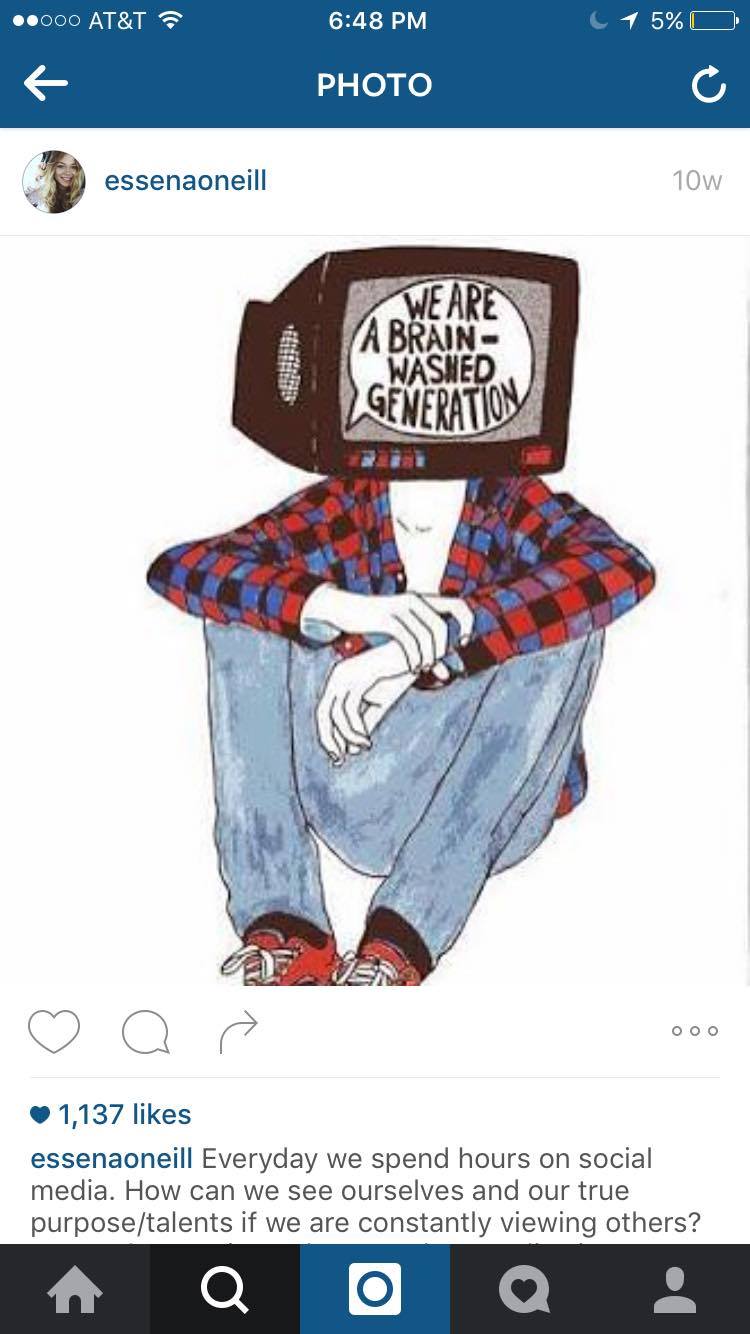
A fake Essena O'Neill Instagram account posts the real O'Neill's last photo that brought awareness to the ills of social media.

Searching the “depression” tag on Tumblr now brings up a disclaimer
Social media: a way to invent a perfect life filled with #goals for all to see.
Social media today is a hierarchy dominated by the Internet superstars, with their record-breaking number of likes and followers. However, the majority of social media users reside at the bottom.
This created a generation of people consumed with the way that others perceive them.
On social media, some people try to appear to be perfect, so they use hashtags like #nomakeup to seem naturally flawless. However, using the tag #nomakeup is often inaccurate due to use of apps that offer filters with some Photoshop features mimicking the effects of using makeup.
These apps add to the selective nature of social media that enables people to demonstrate idealism in their lives. However, most people believe that they are still very far from perfection.
Sophomore Leah Demailly believes that people should think positively about themselves.
Demailly said, “People should not feel the need to Photoshop themselves or change their appearance in any way. They should feel comfortable with who they are and how they look.”
Instagram, Twitter, Facebook, and Tumblr are forms of social media that occupy people’s attention. Apps like these can construct a false reality that some benefit from, but there is a glitch.
This may trigger a psychological effect on people’s perceptions of themselves, which can cause serious illnesses with long term effects.
Blogs on Tumblr romanticize depression with photographs that evoke negative emotions through art. Black and white photographs of tormented people and quotes like “So it’s okay for you to hurt me, but I can’t hurt myself?” try to justify self-harm. One can search tags like “depression” to find thousands of blogs with similarly-distorted visions of what it means to be depressed. However, when searching these tags on Tumblr, there is now a pop-up that has a hotline number and contains links to positive blogs.
Carlmont Crisis Counselor Shelley Bustamante believed students, depressed or not, should stay away from the negativity on social media.
She said, “There are some times in life [when] depressed people tend to wallow in [the negativity on social media] and have a bit of a pity party. That can also get them more attention, but it should not be lasting. This becomes a dangerous way of life because it may lead them to suicidal behavior. There’s a saying that if you sleep with dogs, you wake up with fleas. People who surround themselves with depressed people will start to feel less happy. People who surround themselves with positive people who lift them up and bring out the best in them will feel more happy.”
A few have spoken up about social media’s effect on mental health.
Essena O'Neill is a 19-year-old Australian. She had over 600,000 Instagram followers, with similar numbers on other apps. In a single post, she could easily earn over $1,000 if she promoted a product for a company.
This all changed on October 27, 2015.
O’Neill deleted 2,000 photos on her Instagram account and changed the name to “Social Media Is Not Real Life.” The remaining photos’ captions were edited to reveal how much effort it took to live in a perfectly-curated life. Her account dropped to below 30,000 followers.
In a posted picture of herself, she changed the caption to say, “Took over 50 shots until I got one I thought you might like, then I edited this one selfie for ages on several apps -- just so I could feel some social approval from you.”
Her #bodygoals bikini pic? “[I took] over 100 [photos] in similar poses trying to make my stomach look good.”
Some agreed with O'Neill that social media changed people’s perception of themselves for the worse.
Demailly said, “Things like eyebrows were not a big deal before, but now people feel the need to get their eyebrows done, to pluck their eyebrows, and wear more makeup. Social media changed people to be more aware and conscious of their body.”
O'Neill continues to use her fame to influence others to be cautious of social media on her website, “Let’s Be Game Changers.”
Some people believed that O’Neill did all of this for attention because it was very unexpected. However, sophomore Emma Armstrong believed O’Neill genuinely wanted to change social media by editing her captions and posting photos that had flaws.
Armstrong said, “I do not think this is a hoax. But even if they are doing it for ‘likes,’ [people like O’Neill] want to be perceived in a certain way. She is showing her real self.”
Aside from the negative aspects of social media, there are those who use it for positive reasons.
Kayla Itsines, an Australian fitness trainer, helped thousands of people lose weight through her Bikini Body Guide, Bikini Body Recipe Guide, and her new app Sweat With Kayla. According to her website, she leads the world’s largest female fitness community. Itsines uses this positive environment to motivate and encourage others to become healthy.
Over the summer, senior Seena Sebt used social media to train for his half marathon and he learned about the importance of meeting dietary requirements in addition to running quickly. Sebt believed the use of social media can allow people to learn how to become more healthy and reach their personal goals.
“Personally, I have learned a lot through Facebook pages and people who give health advice. I follow YouTubers who talk about nutrition, fitness, and running, which is really helpful. The more I was researching, the more I learned the importance of meeting dietary requirements. I found it a challenge to eat healthy because of the food companies who use deceptive marketing,” said Sebt.
Popular social media allows people to perpetuate their opinion behind a screen, as opposed to face-to-face. And while social networking outlets do serve to connect people around the world, they also serve as a potential outlet for bullying.
Bob Fishtrom, the Director of Instructional Technology for the Sequoia Union High School District, was required to remove Snapchat, a social media app, from Carlmont’s Internet access due to a bullying incident that involved the police on August 24, 2015.
“An ongoing concern is that many people do not use social media responsibly and act in the moment without thinking things through. Many students do not understand that whatever is posted via social media is permanent, regardless of the belief that the user deleted it from their feed or page. This creates a digital footprint for students that is often looked at by colleges and future employers,” said Fishtrom.
As this is a relatively new trend, the long term effects of social media have not been well-documented.
Fishtrom said, “There is more sharing of information in this world than ever. Everybody and anybody can publish to the web now. And it will just continue to evolve.”
It is now up to society how they will use it. Whether it will be a negative aspect or a life-changing experience, social media will always be a part of someone’s life.


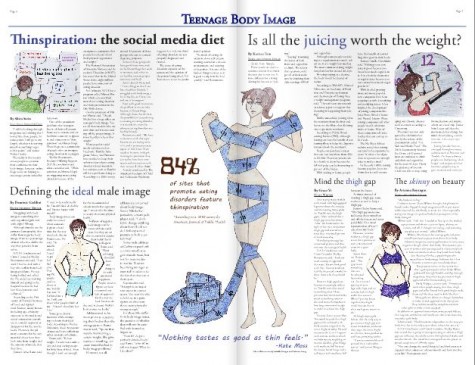

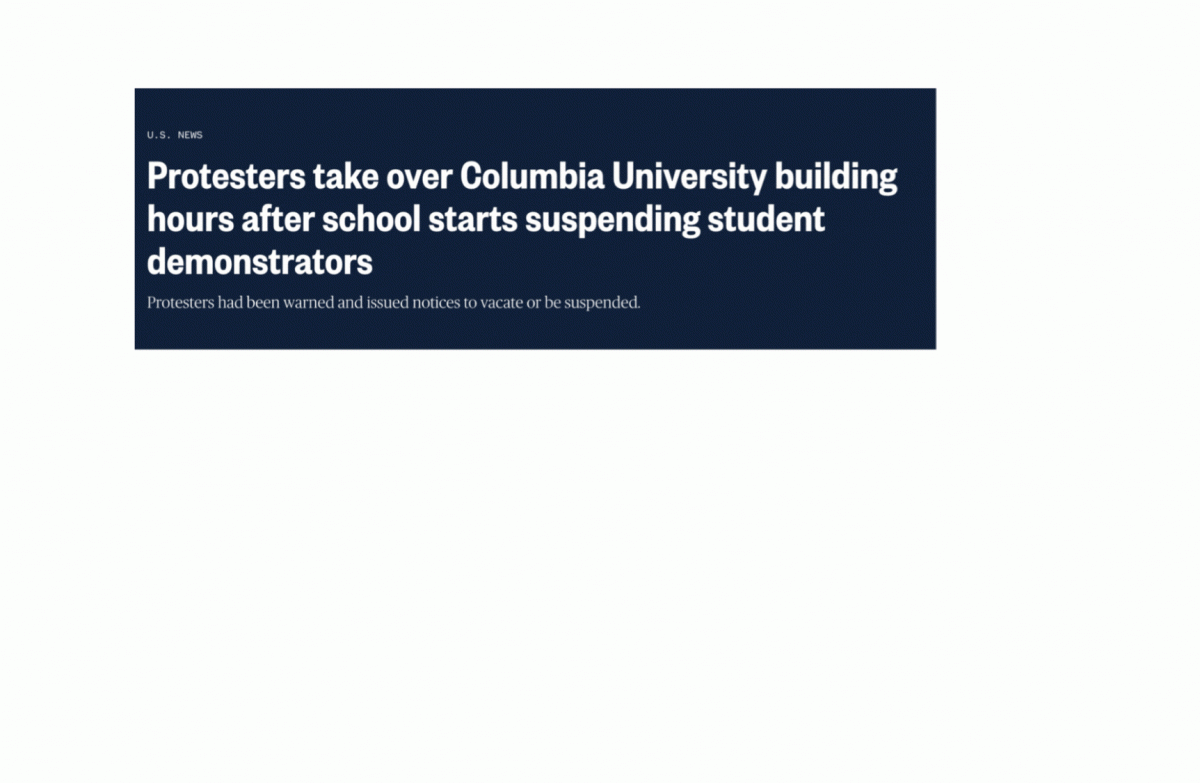
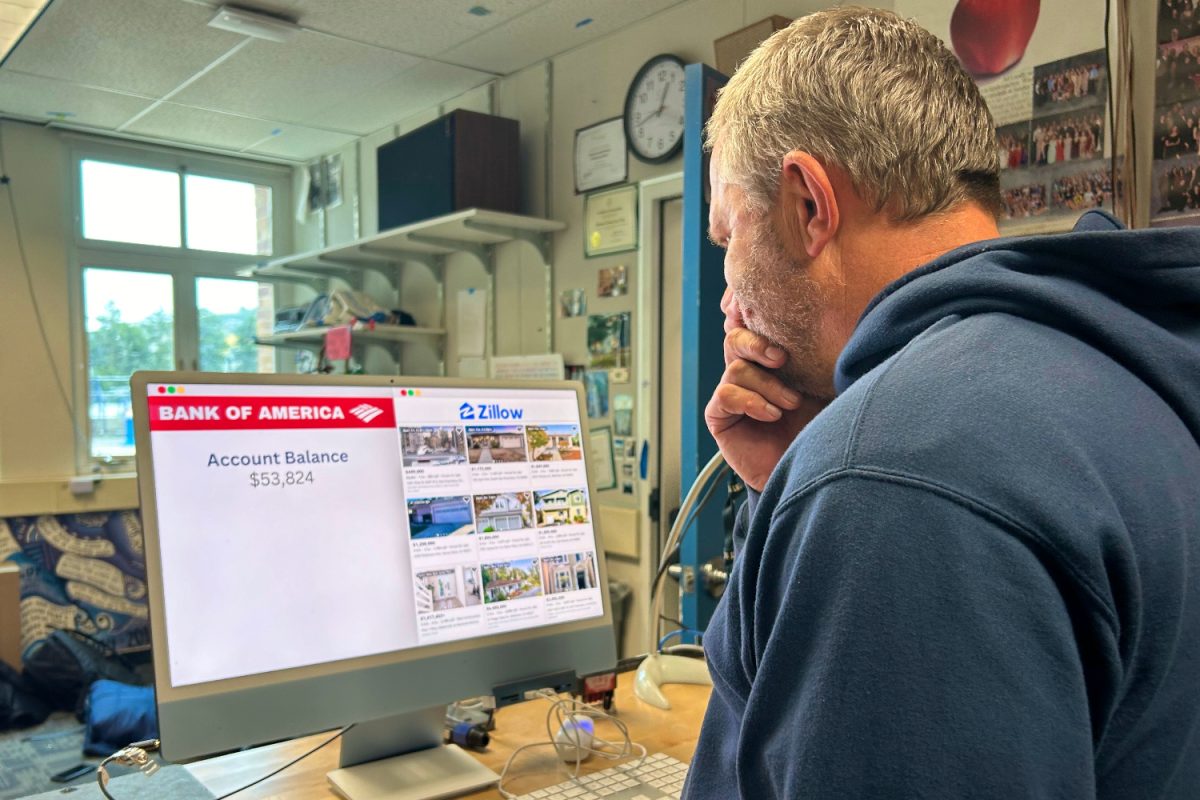

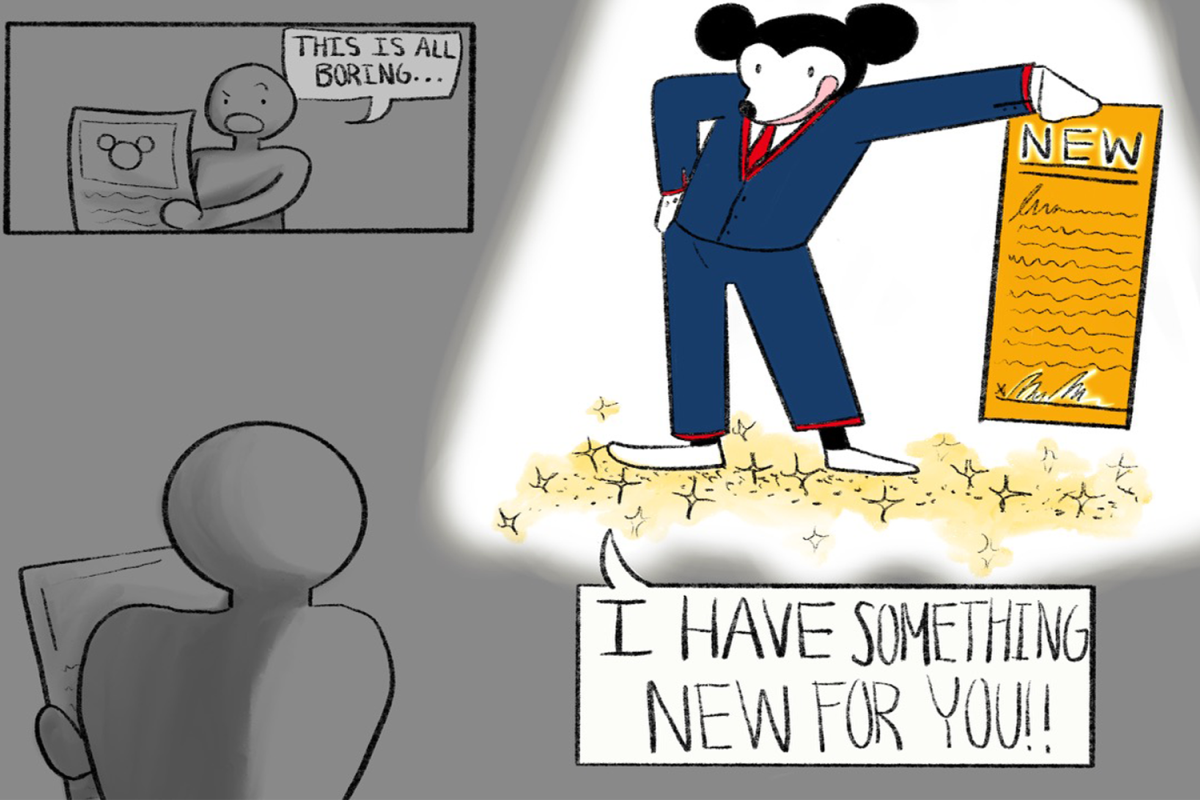
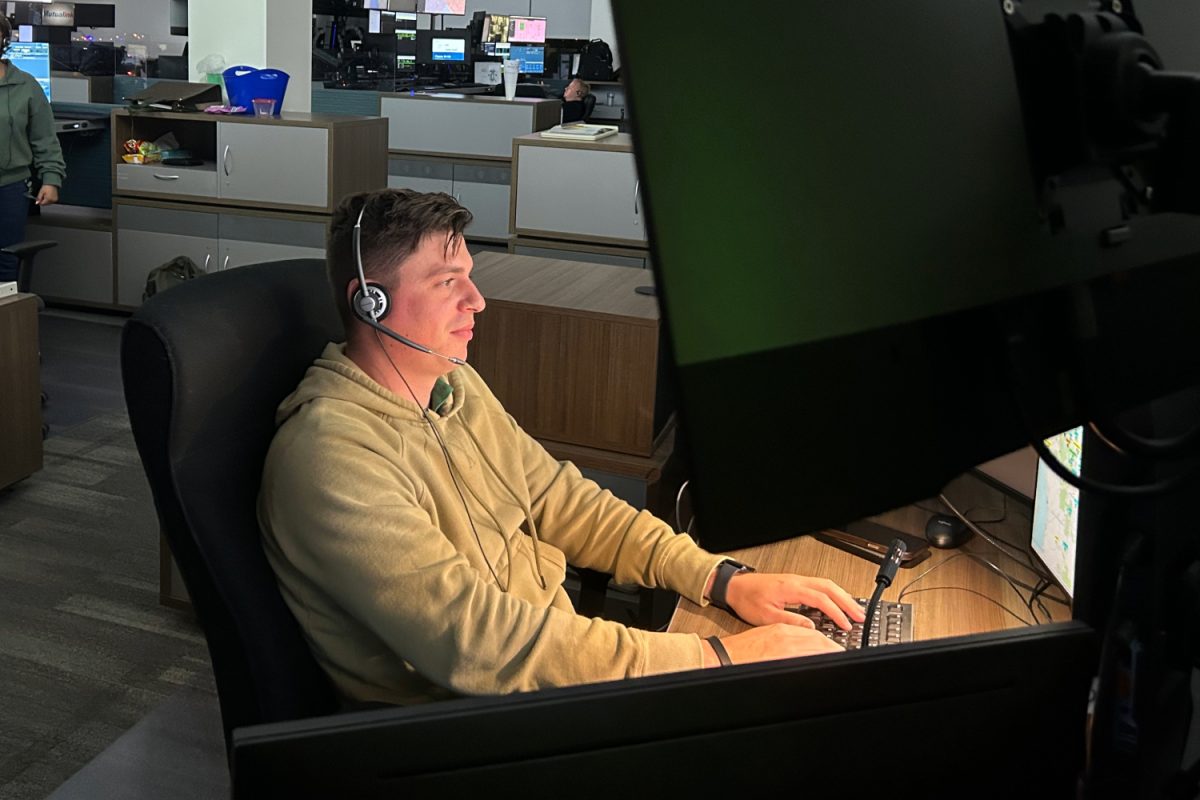
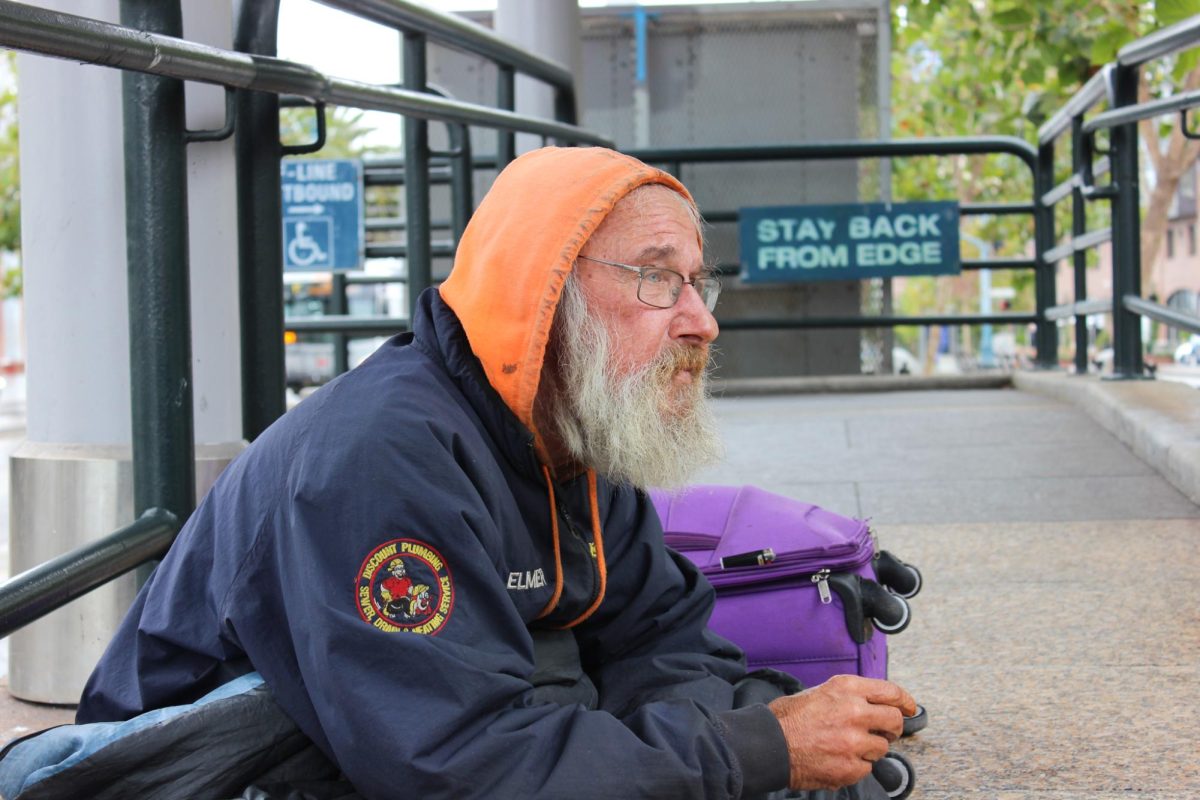









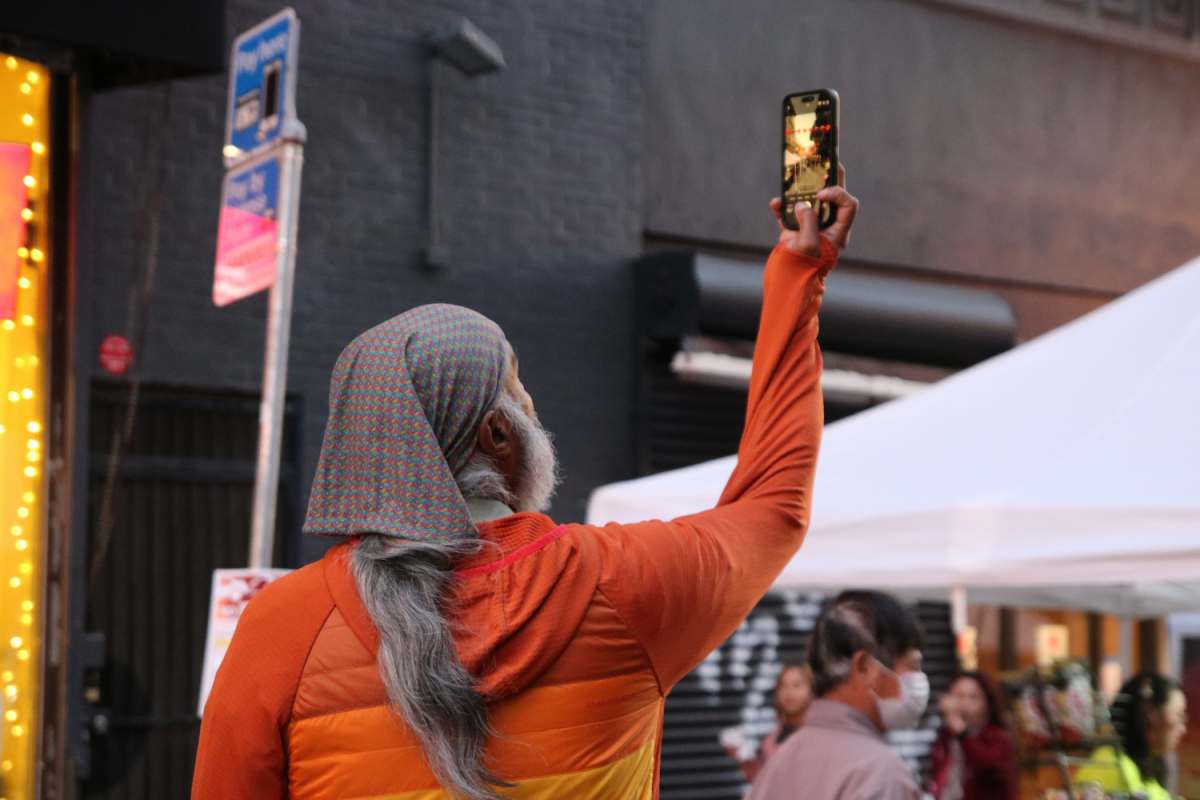
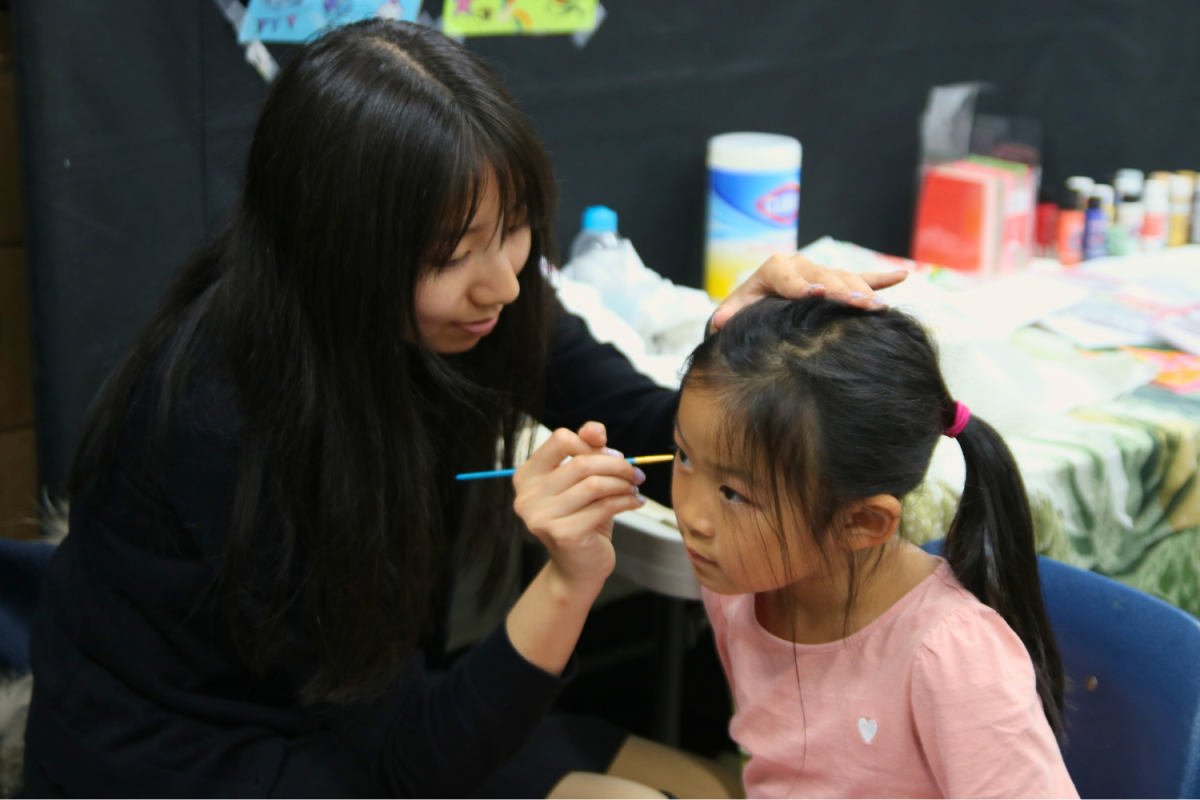

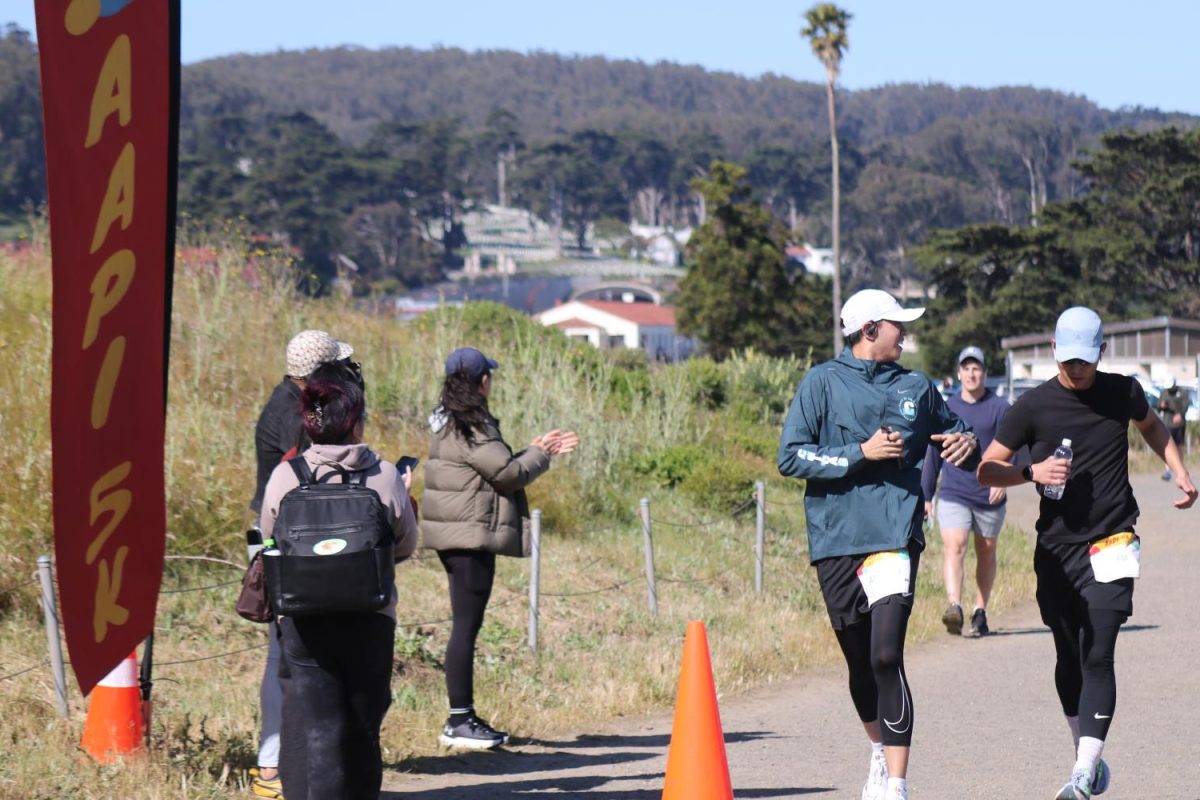

Hostgator discounts • Aug 29, 2019 at 5:09 am
I have read your blog and I agree with you that nowadays social media shows a lot and it will be very much advanced I also use social media very much and suggest to all to use the social media to be advanced.